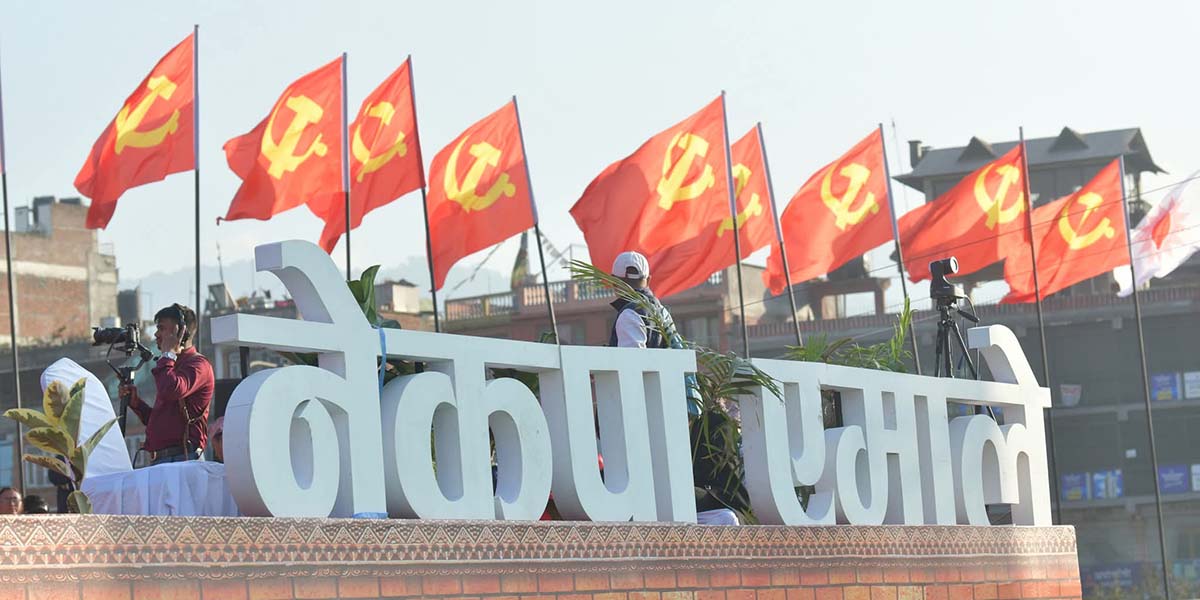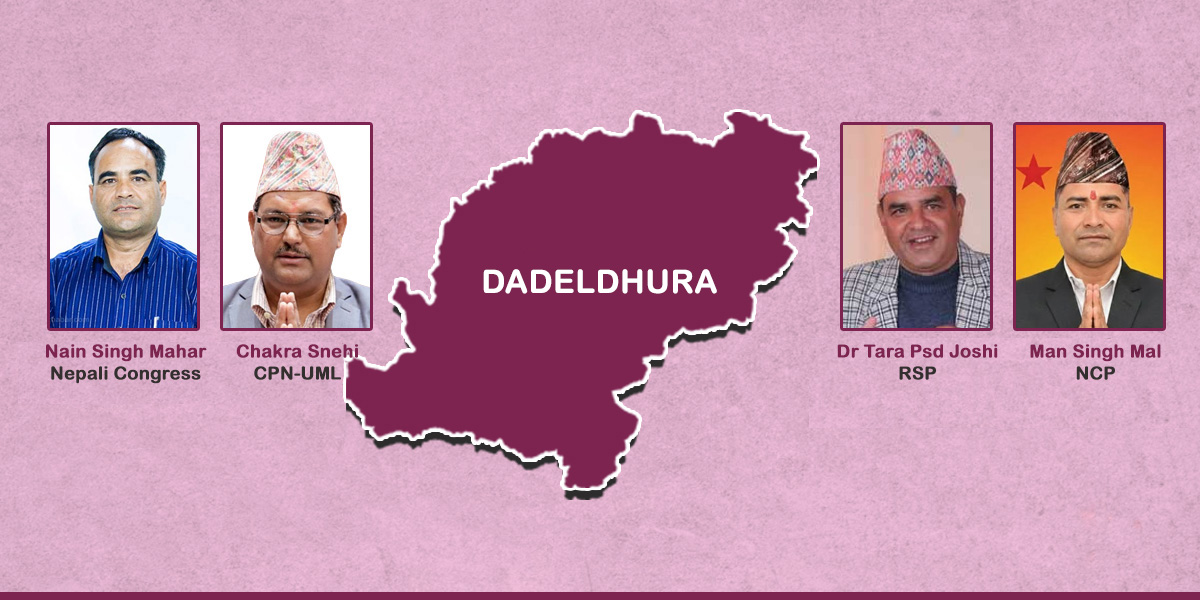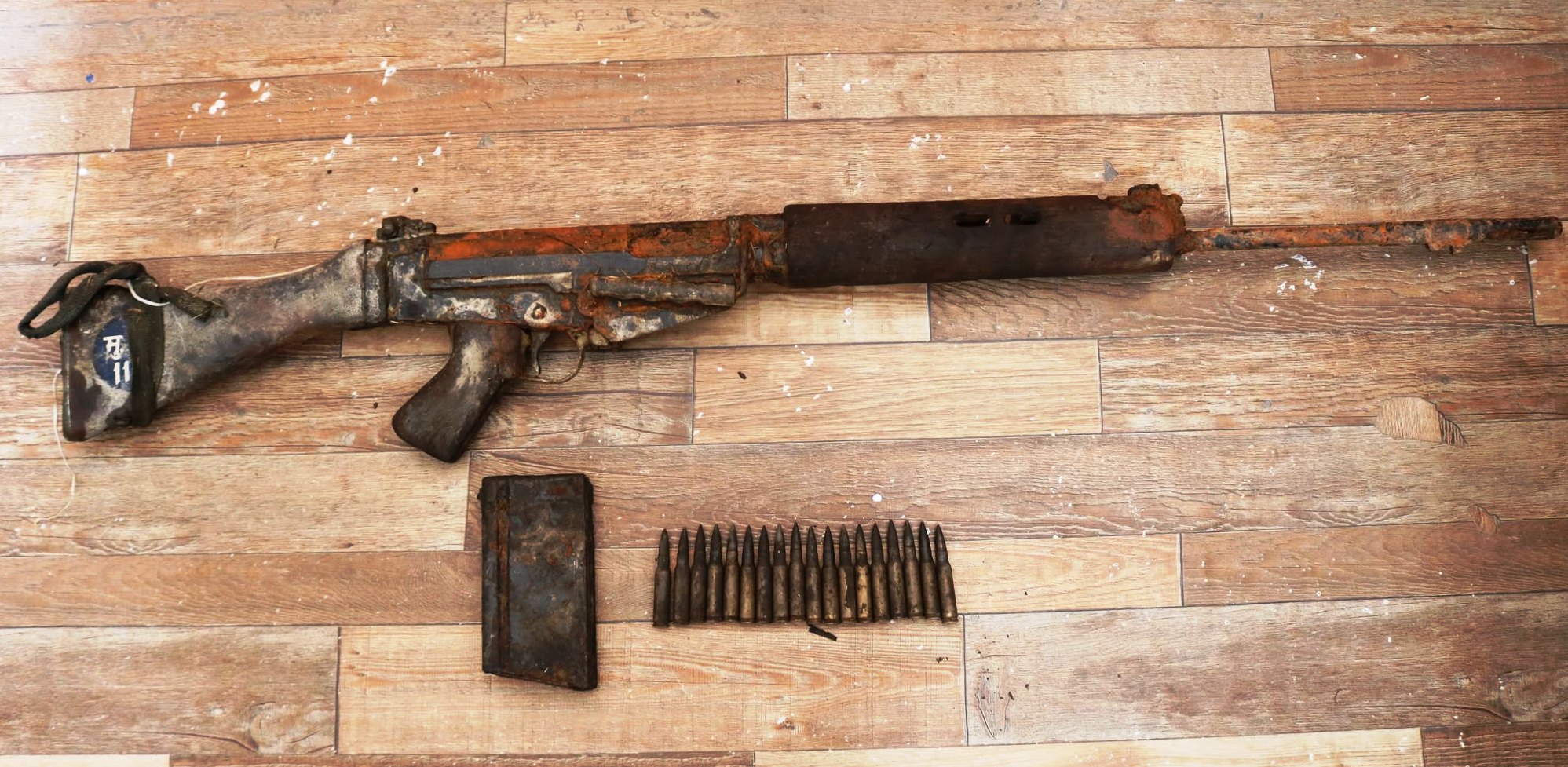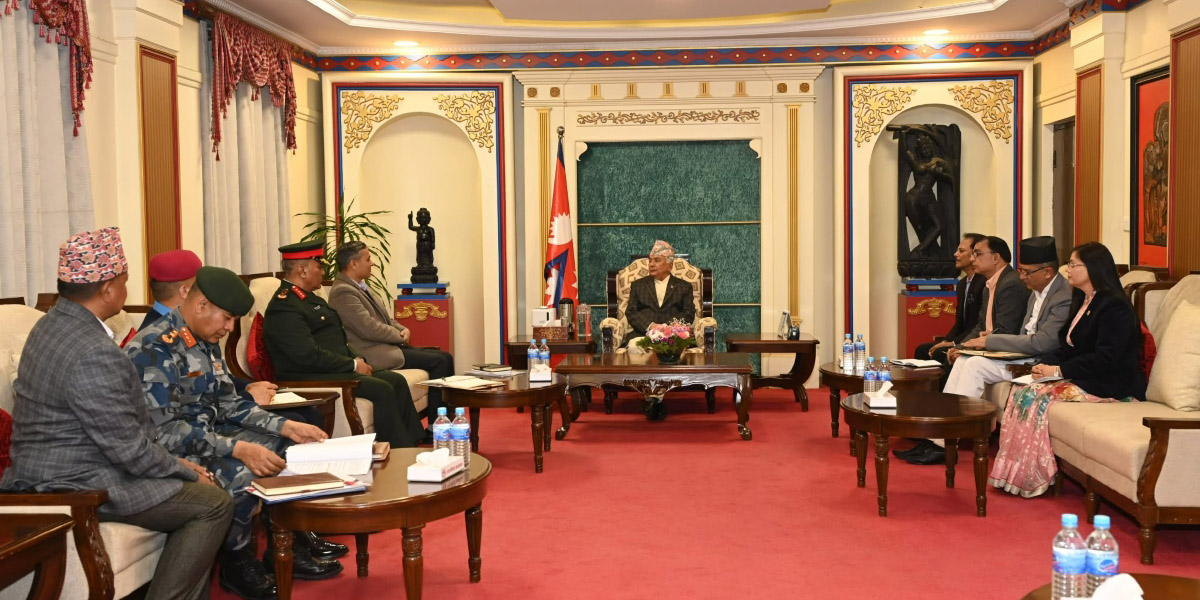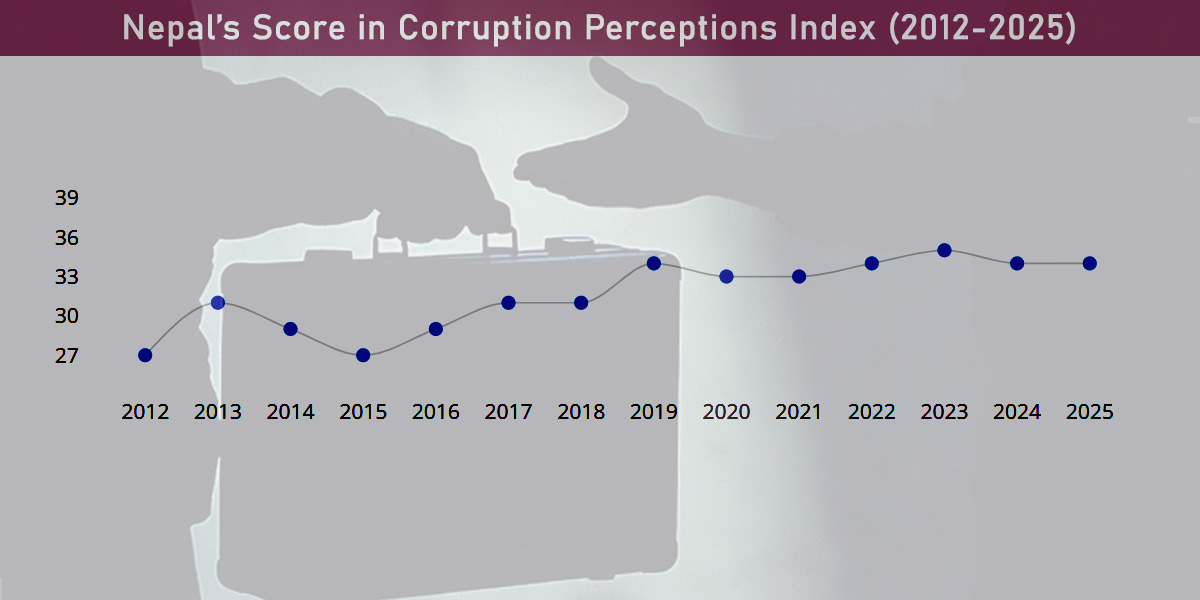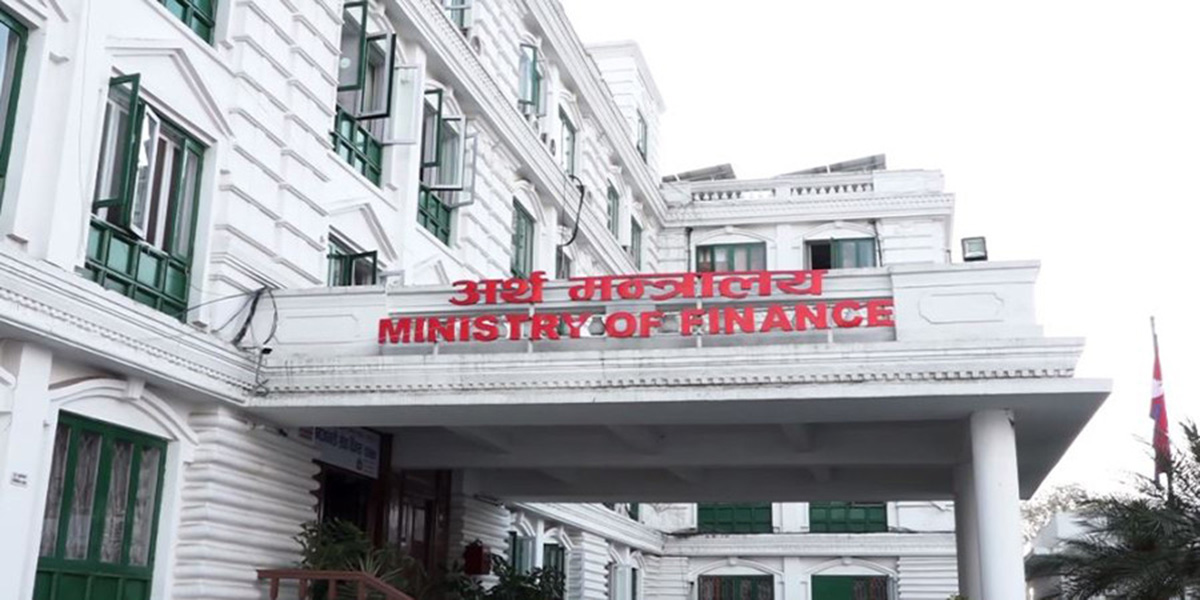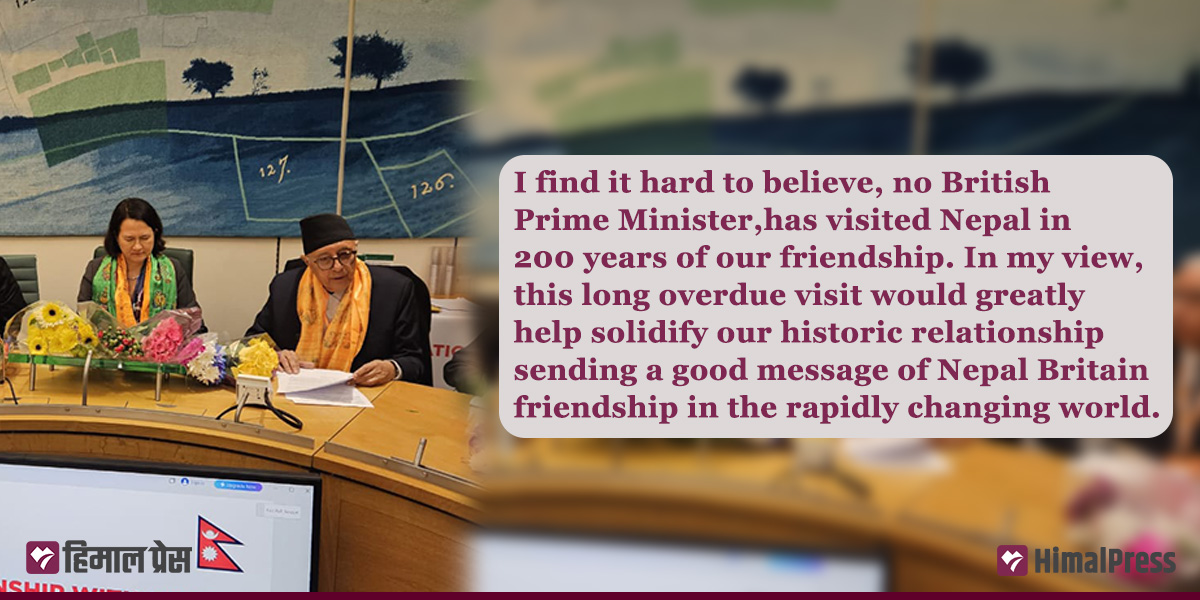
Two centuries ago, British Prime Minister Lord Palmerston famously remarked, “nations have no permanent friends or enemies, only interests.” Common interests have brought Nepal and Britain together. We regard our excellent and enduring friendship with Britain as being in our permanent national interest. That is perhaps why, our ancestors went to wars on the side of the British and so many of our sons made the ultimate sacrifice. Even today, we continue to uphold and stand by shared and common interests.
The distinguished service of the Gurkhas in the British Army has been central to our bicentennial diplomatic journey. Irrespective of changes over 200 years, our relations have stood the test of time, with people-to-people connections at the core. Over 200,000 Gurkhas fought in the two World Wars, with tens of thousands sacrificing their lives for the British honor there and elsewhere. I am happy that their dedication and sacrifice have been recognized.
The 1923 Treaty of Peace and Friendship with Britain’s formal recognition of Nepali sovereignty, ushered in a new era, enabling Nepal to diversify diplomatic relations globally. Today, Nepal maintains diplomatic relations with 182 out of the 193 member states of the United Nations. Over the years, we have built a multidimensional and mutually beneficial relationship characterized by cordiality, trust and respect. Britain is Nepal’s largest development partner, significantly contributing to its socio-economic transformation.
Britain’s unwavering support during various crises has further cemented her role as a true friend. As a medical doctor and political worker active in relief work, I have witnessed firsthand the critical role played by British specialists after the devastating 2015 earthquakes and the importance of ventilators and vaccines, provided during the COVID-19 pandemic. Such support generates immense goodwill towards the British people and government.
I was born into a family deeply engaged in the democratic awakening of Nepal. Since the 1940s, Nepal has endured a tumultuous journey marked by both triumphs and traumas, navigating a series of political transitions, including a painful and protracted internal conflict. Throughout these transformations, the Nepali Congress played a pivotal role, particularly in steering the violent Maoist insurgency toward peaceful constitutional and political competition for power. We are still working to heal the wounds and wipe away the tears of those most affected by past injustices and the scars of recent violence. Recently, Nepal’s House of Representatives passed the Transitional Justice Bill. This will enable us to end the political transition and fulfill the promise of a sovereign, democratic, peaceful and prosperous Nepal, through improved governance. Nepal will continue to look to Britain for goodwill and understanding as we strive to strengthen democratic norms and institutions.
We firmly believe that democracy is indispensable for development. We are strengthening grassroots democratic institutions through our federal structure to align with people’s aspirations and bring governance closer to the people. However, democracy without meaningful development holds little value. For us, democracy, development, and effective delivery are mutually reinforcing. This is all the more important for a new democracy like us.
Today, democracy faces the challenges of the rise of populist politics, extreme nationalism, communalism, and economic nationalism which we believe also undermine the spirit of multilateralism. BP Koirala foresaw this in the 1970s and warned, “If democracy has to be saved, we cannot afford to give in to populism.” His words remain prophetic today. In the post-Cold War world, the global political, economic and strategic focus is shifting to the Indo-Pacific and South Asia as an epicenter. With growing mobility, people of South Asia are increasingly contributing to the global economy. Asian origins are playing increasingly significant roles in professional and public life globally. I see the increasing engagement of the Nepali diaspora in British professional and public life profoundly and positively contributing in strengthening Nepal – UK relations as well as supporting our ongoing endeavor to institutionalize democracy and human rights in Nepal.
As a landlocked and least-developed country, Nepal faces unique vulnerabilities. Climate change is significantly impacting Nepal’s Himalayan ecosystems, without it contributing minimally to the climate crisis. Britain can play a vital role in supporting Nepal’s legitimate demands for climate justice from the international community, particularly in securing financing for our mitigation needs.
Maintaining excellent relationships with our two increasingly powerful neighbors is not merely a geopolitical necessity but a cornerstone of our carefully crafted foreign policy. As Nepal’s oldest diplomatic friend and a major Western power, Britain’s understanding of Nepal’s stance on non-alignment in both regional and global contexts will be vital.
The service of the Gurkhas is central to our long-standing relations. I understand a bilateral committee is looking at some of their grievances. In the spirit of our deep friendship, and the professional dedication and personal sacrifices of the Ex-Gurkhas for the British honor, I urge the committee to resolve the just demands of the Gurkhas without delay.
I find it hard to believe, no British Prime Minister, has visited Nepal in 200 years of our friendship. In my view, this long overdue visit would greatly help solidify our historic relationship sending a good message of Nepal Britain friendship in the rapidly changing world. Linked through the shared experiences of history and common aspirations of our peoples in changing times, Nepal-Britain relations remain as relevant and strong today as they have been historically. Democracy, human rights, pluralism and people-centered good governance are common aspirations of our people, the commitment of our parties and governments. Sustaining these values in their finest traditions is the surest way to build a towering new architecture on the foundation of our historic ties.
(Excerpts of the speech delivered at the British Parliament (Westminster) on January 13, 2025)


![Maha Shivaratri being celebrated across the country [With Pictures]](https://en.himalpress.com/wp-content/uploads/2026/02/HRB_KTMImage2026-02-15at7.37.40AM1.jpg)
